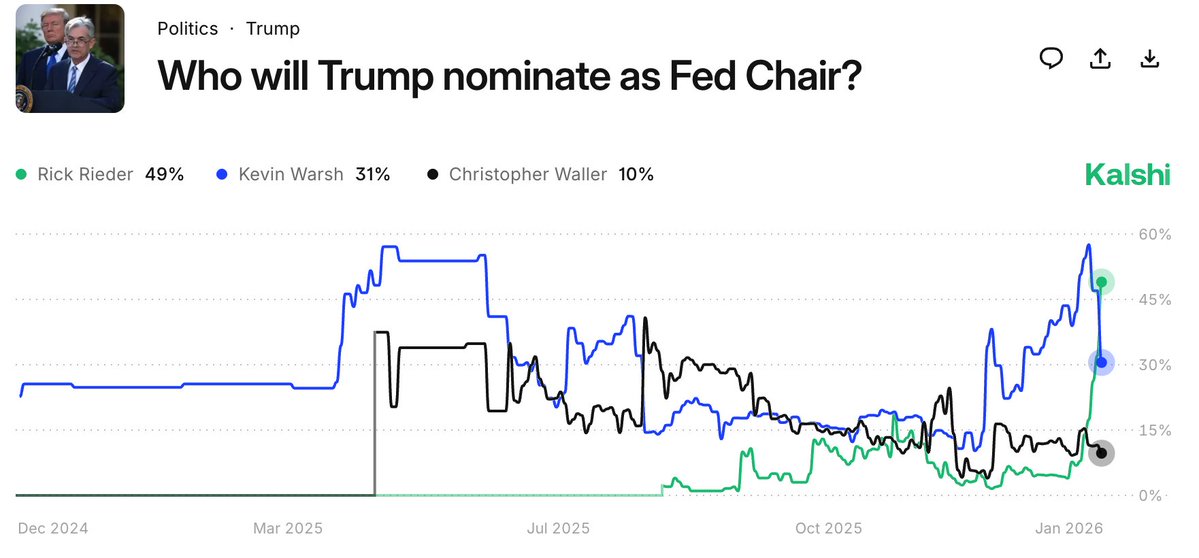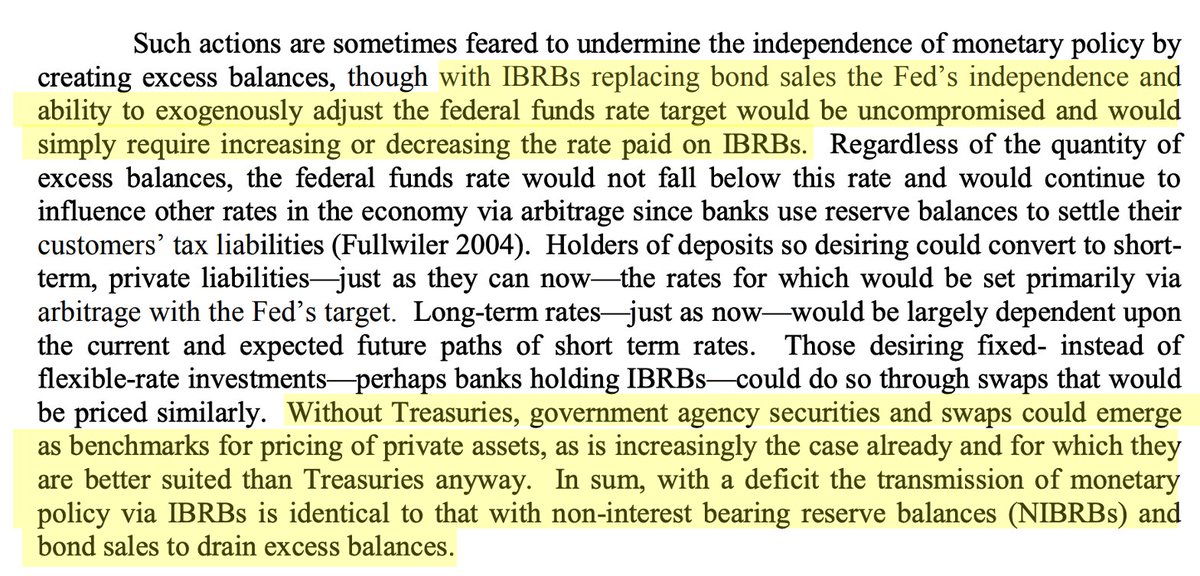What a load of utter garbage. These people are truly dangerous.
https://twitter.com/fixthedebt/status/1309310974768418818
What a joke. The current crisis demonstrates exactly the opposite—i.e. that nothing you’ve carped on about has mattered one bit, nor did decades of rising debt and deficits prevent Congress from combating the COVID recession. 

You’re peddling nonsense.
• • •
Missing some Tweet in this thread? You can try to
force a refresh









